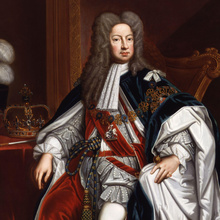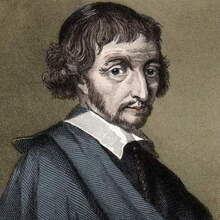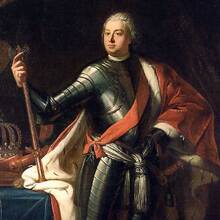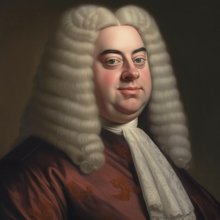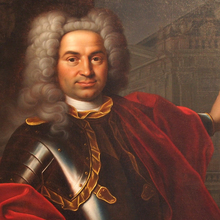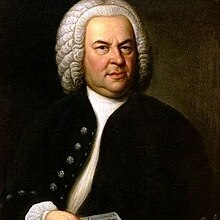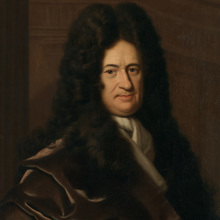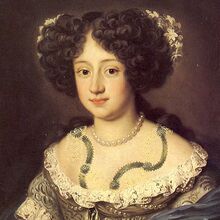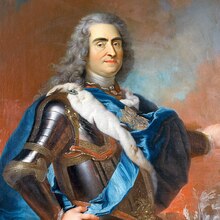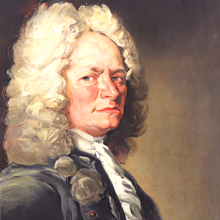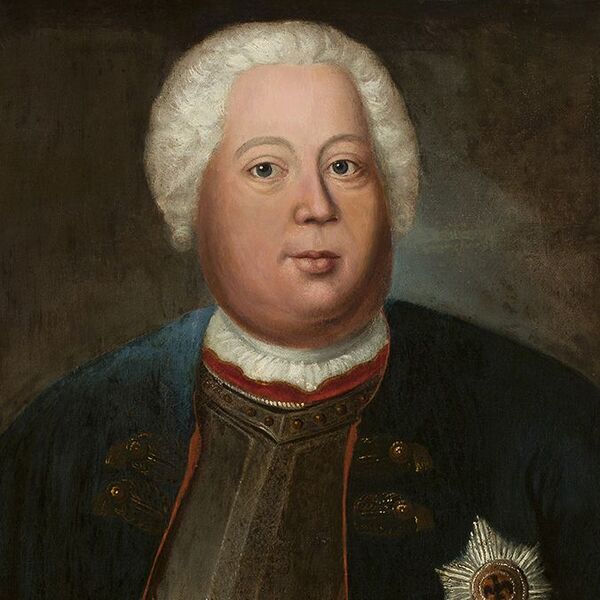
Personal
Other names:
The Great Elector
Job / Known for:
Elector of Brandenburg and Duke of Prussia
Left traces:
Brandenburg-Prussia, a strong army
Born
Date:
1620-02-16
Location:
DE
Berlin, Brandenburg-Prussia, Holy Roman Empire
Died
Date:
1688-04-29 (aged 68)
Resting place:
DE
Death Cause:
Pneumonia
Family
Spouse:
Countess Luise Henriette of Nassau (1646-1667); Princess Dorothea Sophie of Schleswig-Holstein-Sonderburg-Glücksburg (1668-1688)
Children:
Charles, Electoral Prince of Brandenburg; Frederick I, King in Prussia
Parent(s):
George William, Elector of Brandenburg; Elisabeth Charlotte of the Palatinate
QR Code:
Show More
Rank
Users ranking to :
Thanks, you rate star
Ranking
5.0
1
Fullname
Frederick William
Fullname NoEnglish
Der Große Kurfürst
Slogan
The welfare of my subjects is my highest law
About me / Bio:
Show More
Article for Frederick William
Died profile like Frederick William
Comments:

